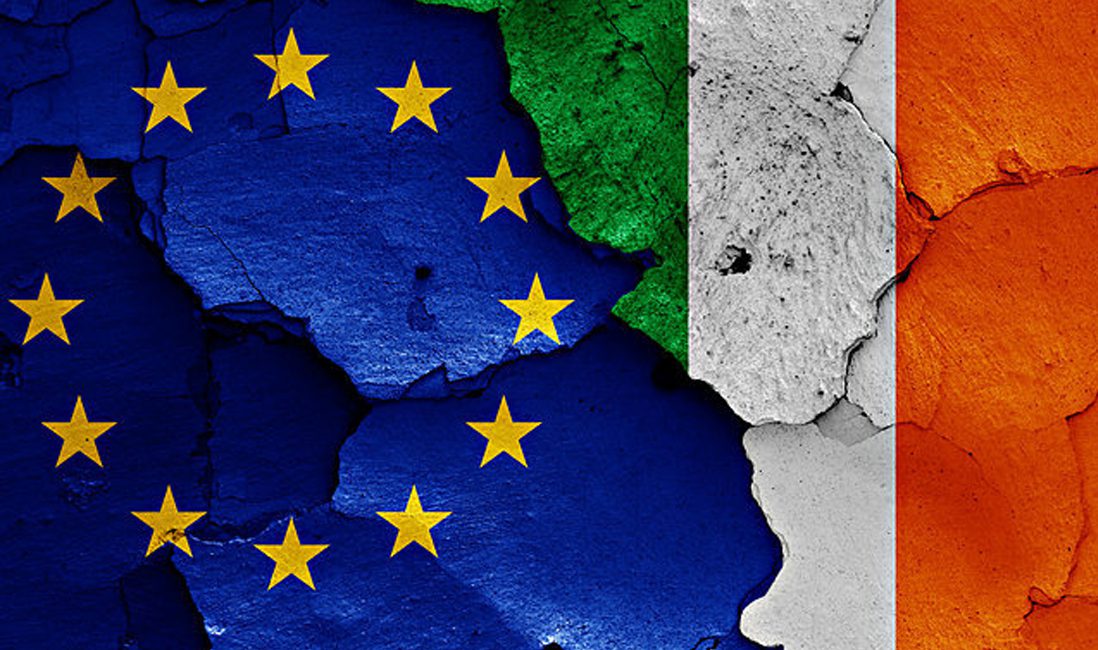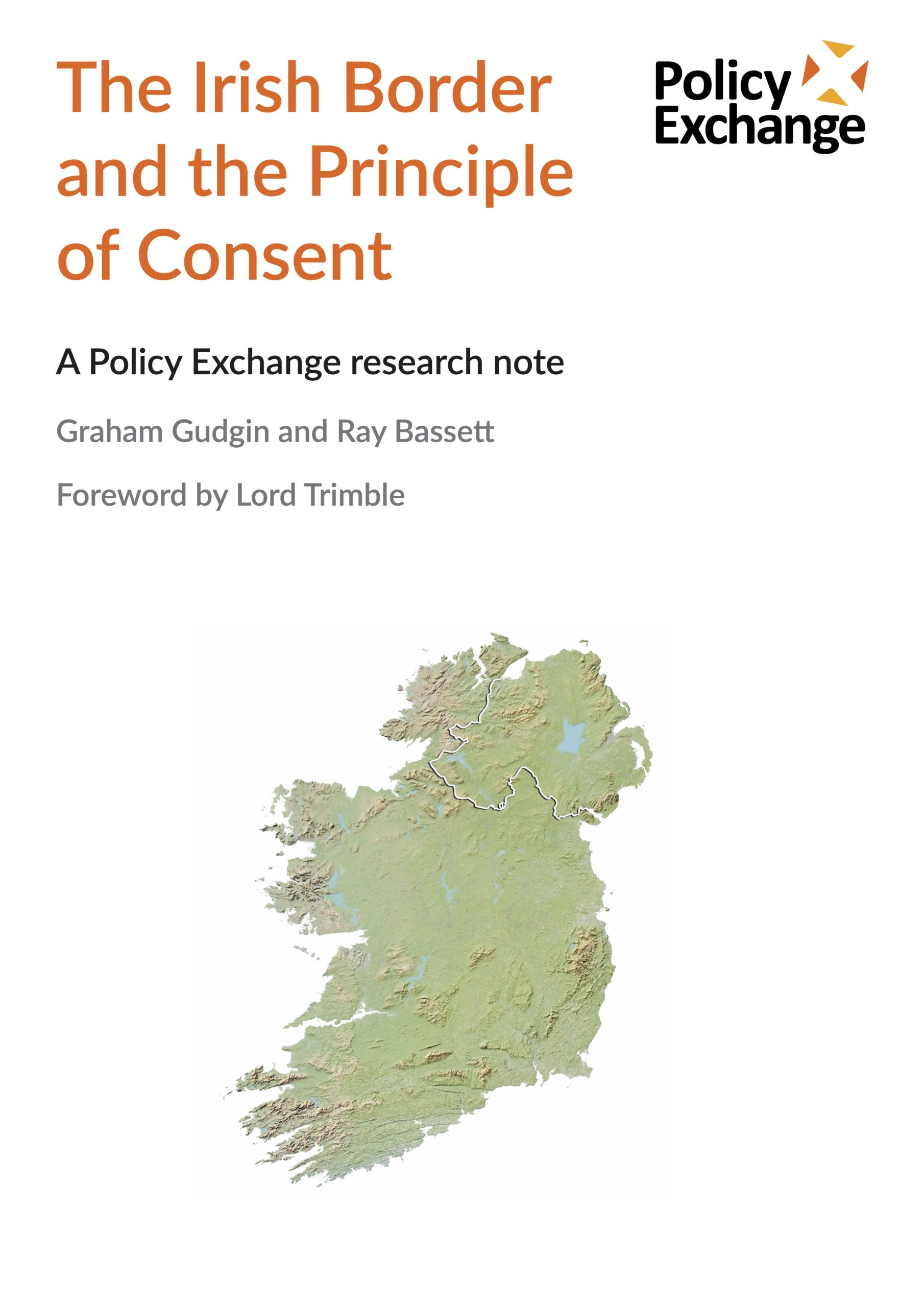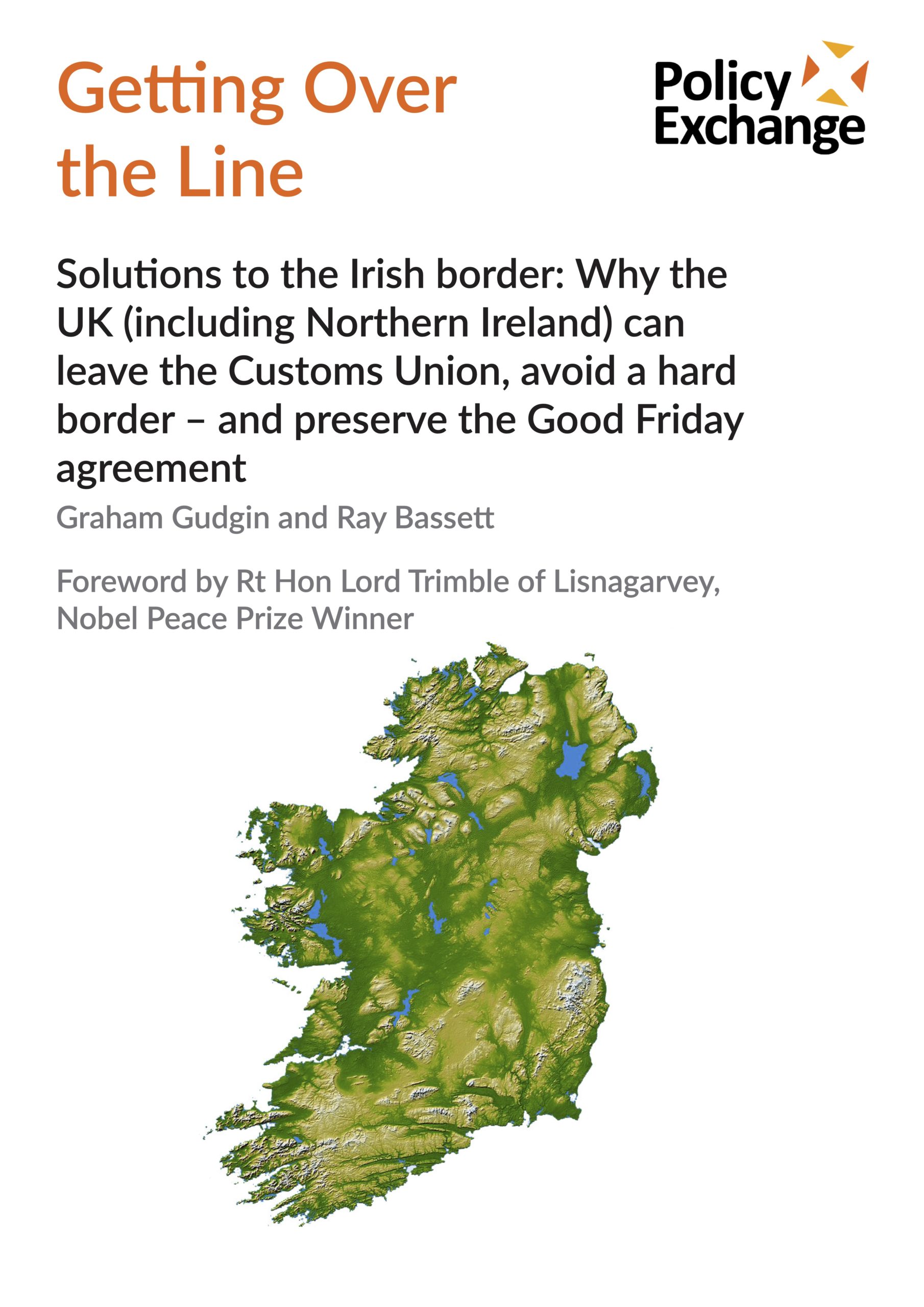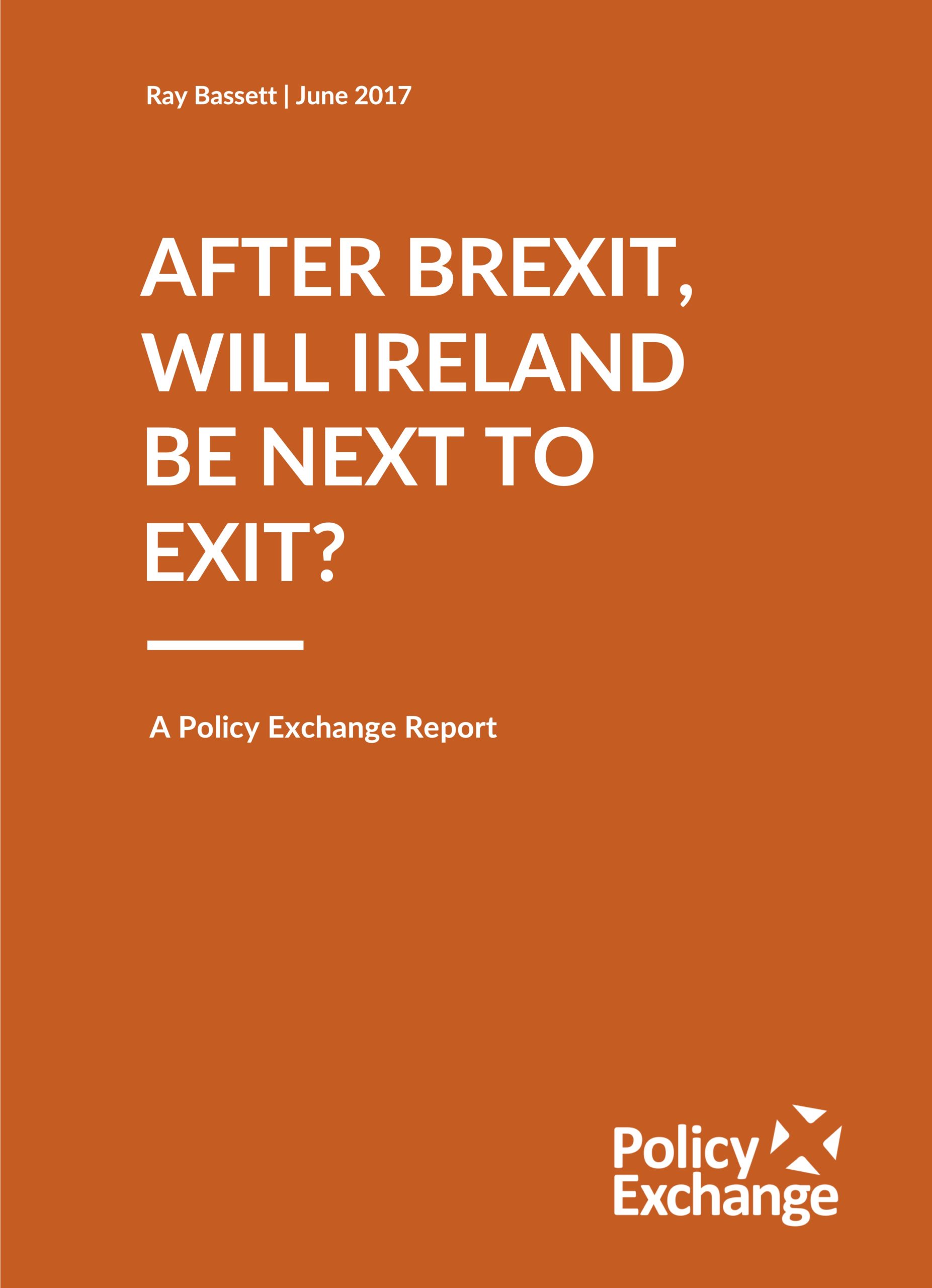Ray Bassett
Senior Fellow on EU Affairs
Ray Bassett is Dublin born. He was educated at The O’Connell School and Trinity College, Dublin. He obtained a Ph.D. in Biochemistry from Trinity. He specialised in the study of the vitamin Folic Acid.
He changed career from clinical biochemistry to the Irish Diplomatic Service, serving in Belfast, London, Canberra, Copenhagen and Ottawa. Bassett was part of the Irish Government Talks Team during the Belfast (Good Friday) Agreement negotiations. He went on to serve as Irish Joint Secretary to the British Irish Intergovernmental Conference in Belfast, 2001-2005. He subsequently headed up the Irish Consular Service and the Irish Abroad Unit, which deals with relations with the Irish Diaspora. He spent his last six years in the Diplomatic Service as Irish Ambassador to Canada, Jamaica and the Bahamas. Since his retirement in October 2016, he has become a columnist with the Sunday Business Post.
Ray Bassett - Policy Exchange's Senior Fellow on EU Affairs - spoke to BBC Radio 5 Live about Irish Prime Minister Leo Varadkar's recent comments on the Brexit negotiations.
It is the EU’s Brexit position which most threatens the terms of the Good Friday Agreement.
The Irish border is not the insoluble obstacle to Brexit negotiations that it has been made out to be and the UK can leave the single market and customs union while preserving a frictionless border in Ireland. This can be achieved by the use of new technology and in the context of a Free Trade Agreement between the UK and EU, in an arrangement that goes beyond the Customs Partnership and in no way threatens the Good Friday Agreement.
In a flagship new report for Policy Exchange, former senior Irish Ambassador Ray Bassett argues that a failure to reach a benign compromise between the EU and the UK in Brexit negotiations risks seriously damaging the Irish economy. So far, the Irish Government has sided firmly with the EU27, but Bassett believes this may be a mistake given how intimately the Irish and British economies are connected. In the event of the UK leaving the Customs Union and the Single Market, Ireland may be forced to follow suit, potentially even seeking its own “Irexit”.
Graham Gudgin, Chief Economic Adviser to Policy Exchange and a former special adviser to the Northern Ireland First Minister, and Ray Bassett, Senior Fellow for EU Affairs and a former Irish Ambassador to Canada, demonstrate that the UK can leave the Customs Union, avoid a ‘hard’ Irish Border and preserve the Good Friday Agreement.
Policy Exchange's Senior Fellow on EU Affairs Ray Bassett - himself a former senior Irish diplomat - argues that 'any hard border in the Irish Sea and North/South would hurt Ireland a lot more than it would Britain' and that Ireland's interests are more aligned with the UK than EU. Consequently, he says Dublin should drop its efforts to keep Northern Ireland in the Customs Union.
Two of Policy Exchange’s leading experts on Irish Affairs, former Irish diplomat Ray Bassett and former Special Adviser to the First Minister of Northern Ireland Dr Graham Gudgin, evaluate the Stage 1 Brexit Agreement published last week. Although welcome progress has been made, key issues remain outstanding and have the capacity to present difficultly if not resolved.
Dr Ray Bassett, Senior Fellow on EU Affairs at Policy Exchange and a former senior Irish ambassador takes a look at the Brexit discussions around the Common Travel Area (CTA). Despite the deadlock in Brexit negotiations, the UK Government continues to maintain a constructive and sensible attitude to the CTA, which should reassure British and Irish citizens living and working in those respective countries – who should be more concerned about the “glib” attitude for EU negotiators on the CTA and the border.
Ray Bassett – Policy Exchange’s Senior Fellow on EU Affairs – argues that the economic interests of Ireland are more closely aligned with the UK than the EU. As such Ireland should consider leaving the EU too.
Former leading Irish Ambassador Ray Bassett -- now Policy Exchange's Senior Fellow for EU Affairs -- examines the state of play in Brexit negotiations so far. Dr. Bassett notes that little progress has been made on key three issues that are holding up the negotiations - reciprocal rights of EU and UK citizens, the Brexit Divorce Bill and the Irish border. However, he suggests that there is less unanimity in the EU27 position than appears on surface and that the new Taoiseach, Leo Varadkar, may dissent from the official EU position on the need to establish a customs border. Ultimately, as negotiations continue, the power of decision will shift from Brussels to Berlin, suggesting that pragmatism and self-interest may prevail, with a good trading relationship prioritised over the desire to punish the UK for leaving.






